报告摘要:
| Entanglement is arguably the most important physical resources in quantum information processing, and a fundamental task is to transform a multipartite entangled pure state into a bipartite entangled pure state shared between two specific parties. In this talk, we study the following scenario: given a pure tripartite state shared by Alice, Bob and Charlie, what kind of pure bipartite entangled state can be recovered with a nonzero probability by Alice and Bob with the help of Charlie under local operations and classical communication (a.k.a. SLOCC transformation)? Such a problem can be characterized by the maximal rank of a matrix space, i.e., the largest rank of matrices of a matrix space (linear space of matrices). We study this quantity and find a number of interesting properties, such as super-multiplicativity. By studying the behavior of maximal rank under tensor product, we obtain explicit formulas to compute the asymptotic entanglement transformation rate for a large family of tripartite states. Notably, utilizing certain results of the classification of matrix spaces, including the study of matrix semi-invariants in geometric invariant theory, we obtain a sufficient and necessary condition to decide whether a tripartite state can be transformed to the bipartite maximally entangled state by SLOCC, in the asymptotic setting. Interestingly, based on the recent seminal progress on the non-commutative rank problem, our characterization can be verified in deterministic polynomial time.This talk is based on a joint work with Youming Qiao, Xin Wang and Runyao Duan. It has been published in Communications in Mathematical Physics (arXiv:1612.06491).
|











